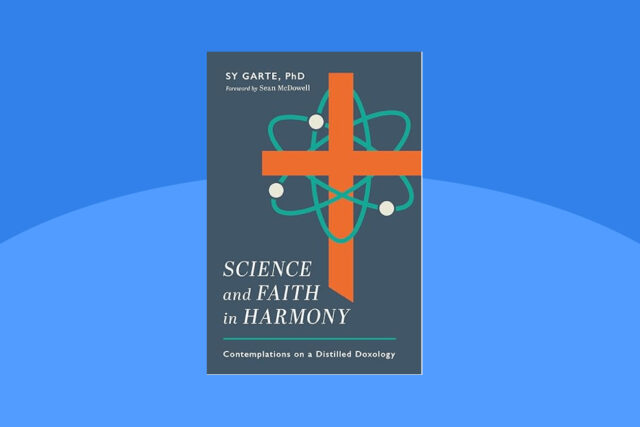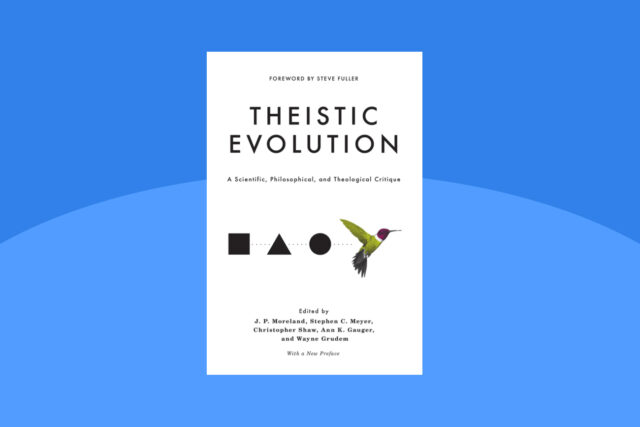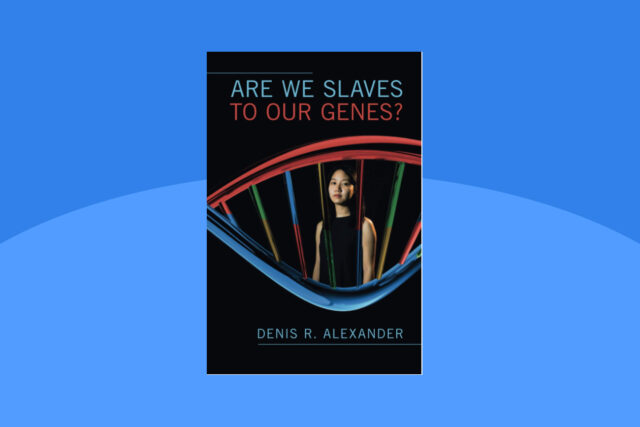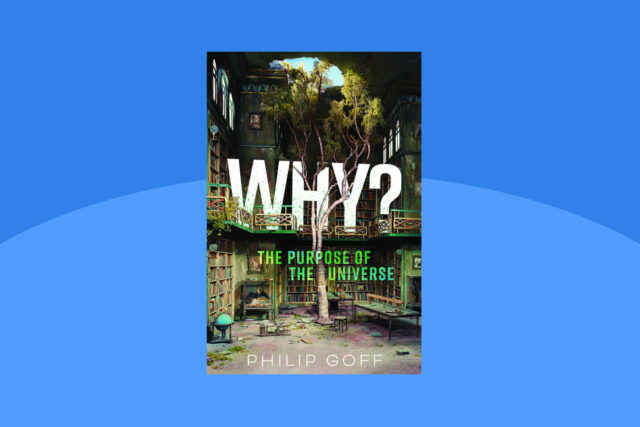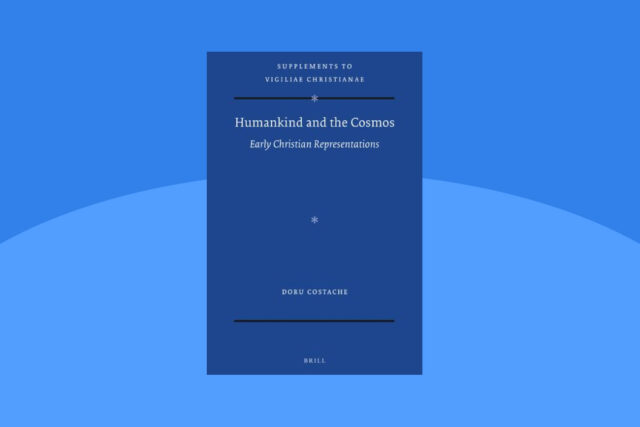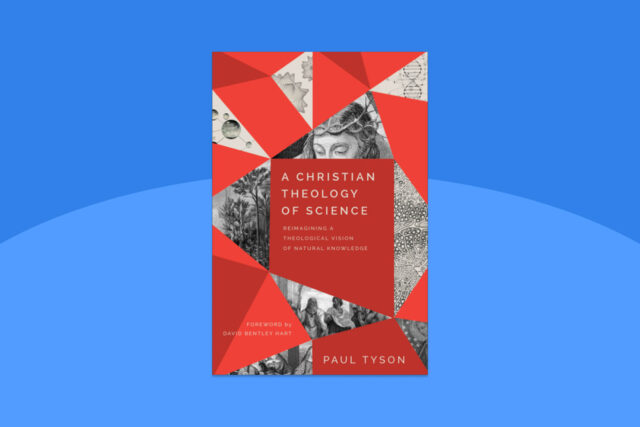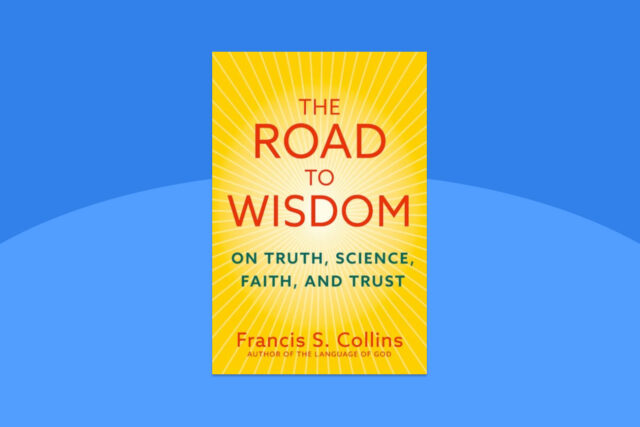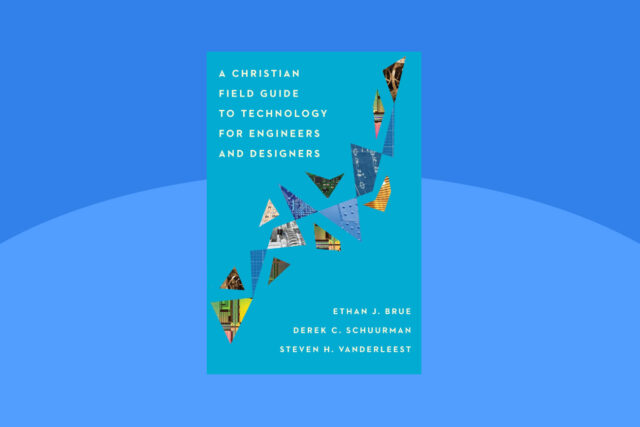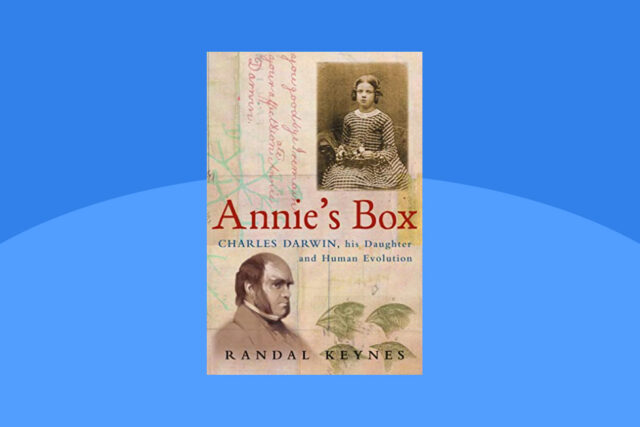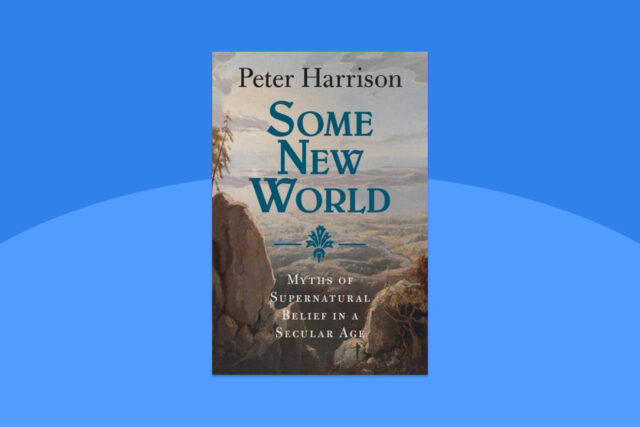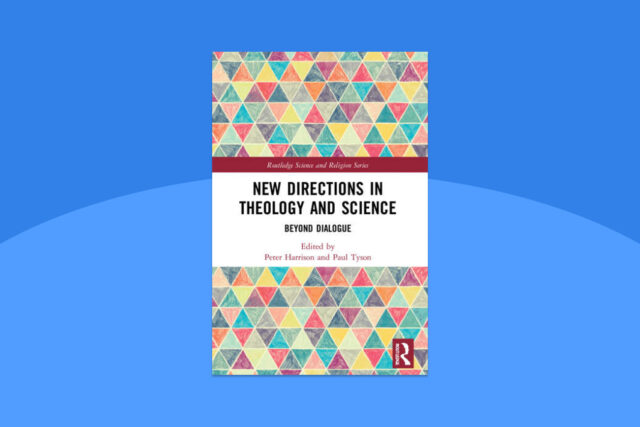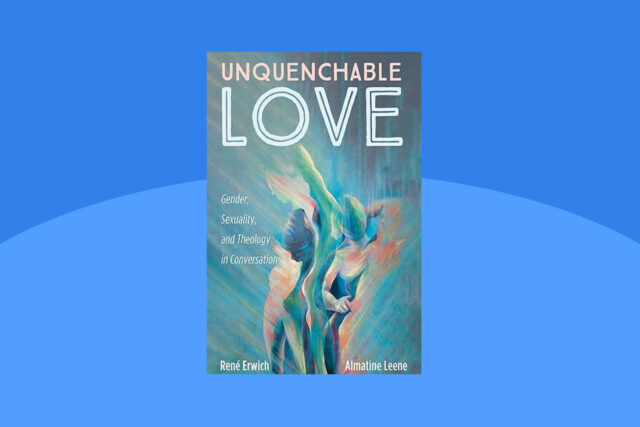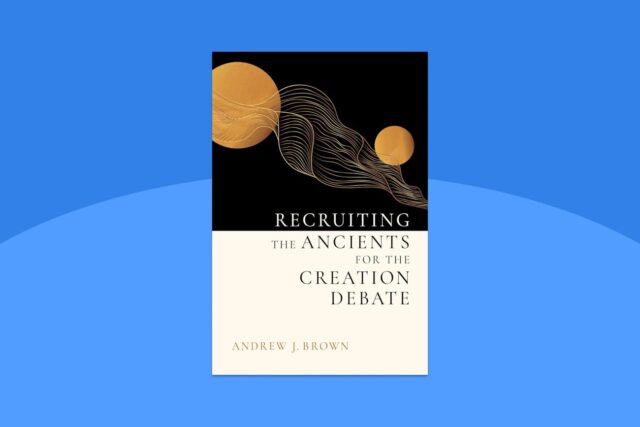
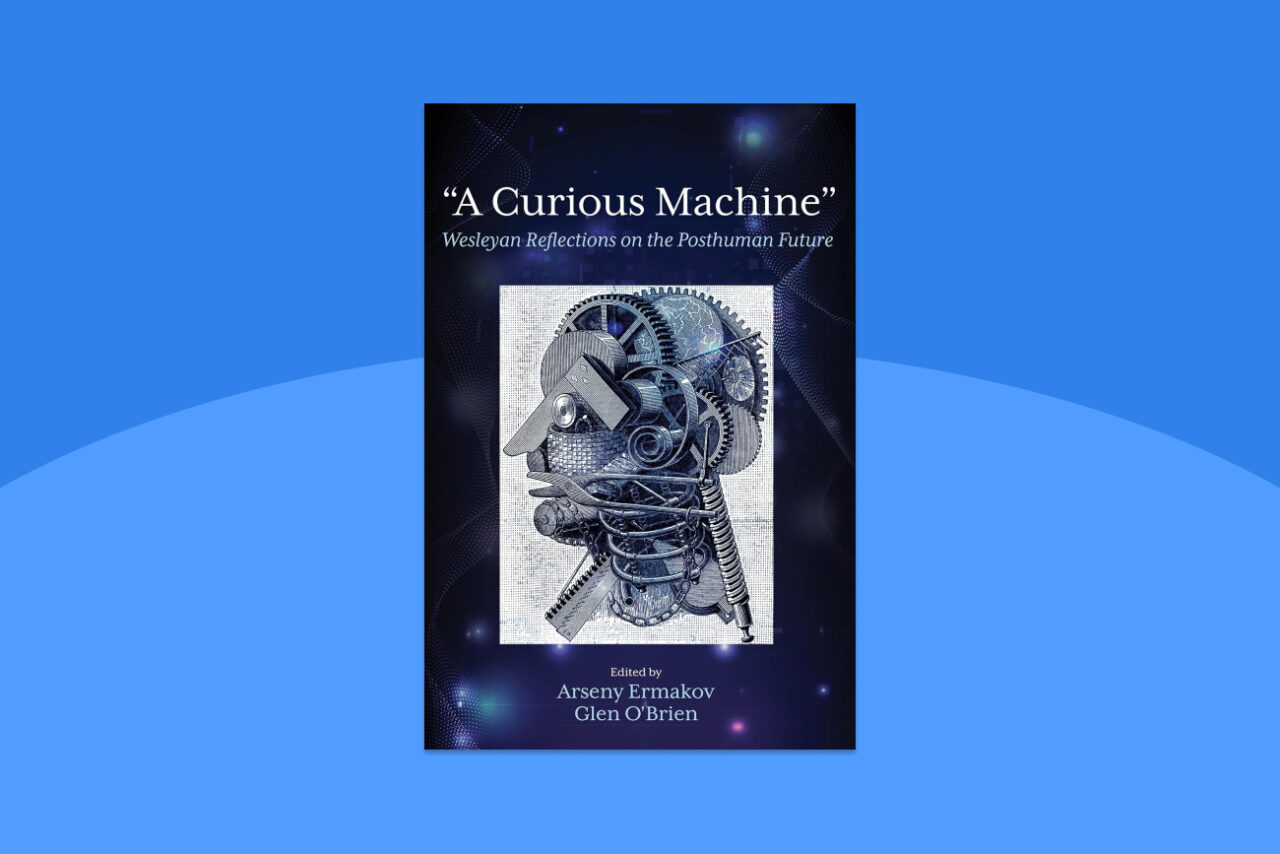
“A Curious Machine”, which was shortlisted for the 2024 Australian Christian Book of the Year award, examines Christian responses to emerging technologies like AI and transhumanism. The essays cover a range of topics, from John Wesley’s views on science, to ethical issues like social inequality and sex robots. Read the review by Declan Ellis.
“A Curious Machine”: Wesleyan Reflections on the Posthuman Future
by Arseny Ermakov and Glen O’Brien, eds.
Eugene, OR: Wipf & Stock, 2023; 204 pages.
ISBN 9781666762594, first edition, paperback
AUD$50
We live in a brave new world. Technologies that were pure science fiction fifty years ago are becoming part of our everyday existence. Social media permeates our social lives, artificial intelligences gather our data, and our entertainment grows ever more immersive. These advances raise numerous ethical concerns for those trying to follow Jesus in our rapidly-changing world. Rhetoric has often dominated debates within the church, so there is a great need for Christians to face these concerns with nuance and deep consideration. This is exactly what makes this collection of essays edited by Arseny Ermakov and Glen O’Brien so valuable for the church at this time. Arseny Ermakov is a lecturer in biblical studies at the University of Divinity, Melbourne, and is the coauthor of The Gospel of Matthew: A Commentary in the Wesleyan Tradition (2019). Glen O’Brien is also at the University of Divinity, Melbourne, working as a research coordinator; he is the author of John Wesley’s Political World (2022) and Wesleyan-Holiness Churches in Australia (2018). Together, Ermakov and O’Brien have crafted a collection of essays that is careful and theologically rich. “A Curious Machine” addresses issues surrounding technology, artificial intelligence, transhumanism, and posthumanism in a profound and distinctly Christian way.
The book opens with a broad introduction that helpfully clarifies some terms for newcomers to the discussion, while giving a bird’s-eye view of the topic. The first chapter, by O’Brien, gives a pithy summary of John Wesley’s anthropology, focusing on Wesley’s open-mindedness and enthusiasm for science and technology. This makes a good foundation for the rest of the essays, most of which are, either implicitly or explicitly, building on and dialoguing with Wesley’s theological insights.
In the second chapter, Ermakov lays out a biblical theology of technology. This chapter gave me new insight into frequently-overlooked biblical passages that have an important bearing on debates around technology. Chapter 3, by Sandra Goode, develops an argument against the attempt to achieve transcendence described by transhumanists. For Goode, material embodiment is key for Christian anthropology, and the transcendent notions of the transhumanist worldview stands in stark opposition to this theology.
One of the strongest and most important essays in “A Curious Machine” is Jonathan P. Case’s “Why are Christians Reluctant to Embrace Transhumanism?” (Chapter 4). Case catalogues negative Christian responses to transhumanism and then “myth-busts” them, highlighting what they get wrong. Case admits that some of these Christian critiques may be warranted, but argues that most of them, especially when it comes to rhetoric (“playing God,” for example), miss the mark. Case’s sober-minded and balanced review of these reactions is incredibly helpful reading for any Christian looking to be a good witness in the twenty-first century.
John C. McDowell’s essay (Chapter 5) is a change of pace for “A Curious Machine.” On one hand, McDowell’s chapter explores one of the most important implications of transhumanism: What does it mean for the marginalised and impoverished? McDowell uses science fiction as a vehicle to raise many uncomfortable possibilities about the future of inequality in a world with unprecedented technology. This makes McDowell’s essay indispensable to the collection. Unfortunately, McDowell employs needlessly complex language and terminology, making his essay by far the most difficult to read.
Chapter 6, by Caleb Smith, reflects on algorithms and their impact on humanity through the image of the Martians in The War of the Worlds. Even though this seems like an unlikely connection, Smith’s analysis is both insightful and encouraging. I would have loved to have seen a longer treatment of the subject, one that would allow Smith to explore in more detail how Christianity in general, and Wesleyan theology in particular, can answer the conundrums of modern media. In the seventh essay, Stephen Garner takes the reader on a short tour of religious imagery in science and outlines some relevant theological principles.
The final essay, by Grenville J. R. Kent, is a surprising journey into the world of “sexbots,” robots used for sex. This is another key essay, and Kent’s outline of the current capabilities and trends of sexbots is nothing short of eye-opening. Kent goes on to draw some meaningful conclusions on the Christian view of sex and the ethics of sexbots.
It is very appropriate that “A Curious Machine,” being primarily a dialogue between different thinkers, ends with a dialogue between the editors and a posthumanist. This dialogue is fascinating in and of itself, but its great virtue is how it models considerate and intellectually-rigorous engagement between Christians and secular thinkers on contemporary issues.
Possibly one shortcoming of “A Curious Machine” is that the dialogue between the writers is limited. I suspect this is partly because the book addresses not only posthumanism but also transhumanism and technology. Each of these topics are distinctive in important ways, and the broad range of what is covered in the essays can be disorienting. If the authors had addressed only posthumanism, or only transhumanism, I think different perspectives may have been better highlighted and the book would have had greater overall cohesion.
This small critique aside, I would highly recommend “A Curious Machine.” It is a thorough, thought-provoking and mostly accessible work on the future of humanity, and I can foresee it being an incredibly helpful resource to Christians faced with perplexing new technologies. Ermakov and O’Brien have done a great service to the church in bringing together so many fantastic thinkers to reflect on the beliefs, the history, and the future of our religion.
